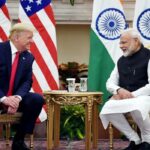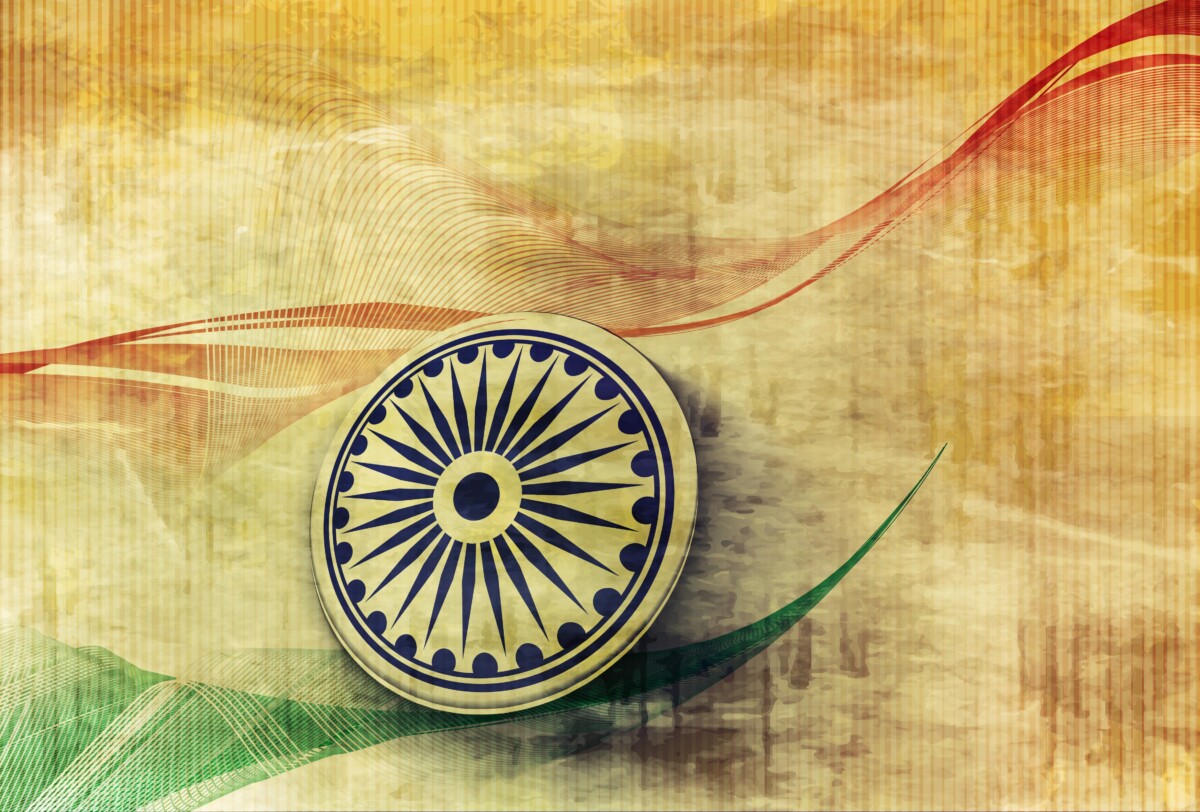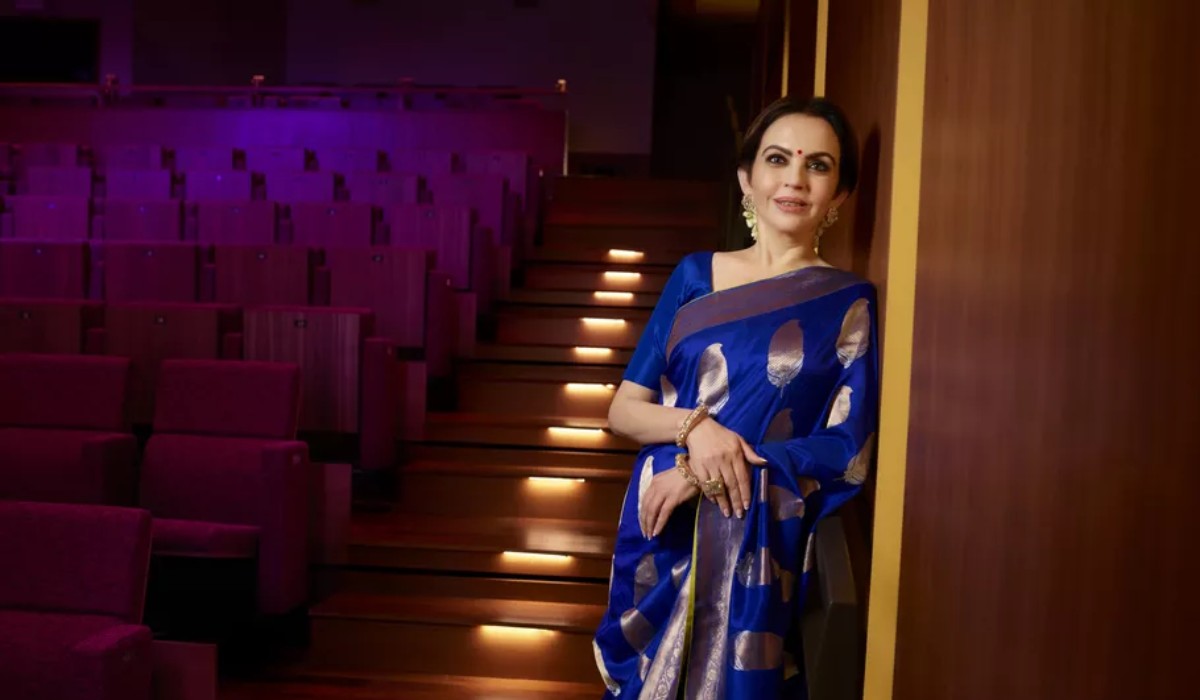Ratan Naval Tata, born on December 28, 1937, is one of India’s most respected and influential business leaders. As the former chairman of Tata Sons, Ratan Tata led the transformation of the Tata Group from a primarily India-centric company to a global powerhouse during his 21-year tenure from 1991 to 2012.
Early Life and Education
Born into the prestigious Tata family, Ratan was adopted by Naval Tata and his first wife, Sonoo, after his parents separated when he was young. He studied at the Campion School in Mumbai and completed his high school education at Cathedral and John Connon School. He earned a degree in architecture from Cornell University in 1962 and later completed the Advanced Management Program at Harvard Business School in 1975.
Also Read: Inbox Zero: The Key to a Stress-Free Email Management
Business Leadership
Under Ratan Tata’s leadership, the Tata Group experienced unprecedented growth and international expansion. Some of his most notable achievements include:
- Global Acquisitions: Orchestrating landmark acquisitions such as Tetley Tea (2000), Jaguar Land Rover (2008), and Corus Steel (2007)
- Automotive Innovation: Launching the Tata Nano, which was conceptualized as the world’s most affordable car
- IT Revolution: Transforming Tata Consultancy Services into one of the world’s leading IT services companies
Philanthropy and Social Impact
Beyond business, Ratan Tata is known for his philanthropic work through the Tata Trusts, which own 66% of Tata Sons. The trusts support various causes, including:
- Education
- Healthcare
- Rural development
- Scientific research
Also Read: Ratan Tata, Chairman Emeritus of Tata Sons, Passes Away at 86 in Mumbai Hospital
Personal Philosophy
Ratan Tata is known for his integrity, humility, and vision. His business philosophy emphasizes ethical practices and the belief that profit should not be the sole objective of business. He often states that businesses should focus on making a positive impact on society.
Awards and Recognition
His contributions to business and society have earned him numerous accolades, including:
- Padma Vibhushan (2008) – India’s second-highest civilian honor
- Honorary Knight Commander of the Order of the British Empire (KBE) (2009)
- Multiple honorary doctorates from prestigious universities worldwide
Legacy
Ratan Tata’s legacy extends far beyond the balance sheets of the Tata Group. He has set an example of how business leaders can combine commercial success with social responsibility. His leadership style, marked by innovation, integrity, and inclusivity, continues to inspire entrepreneurs and business leaders globally.
Even after stepping down as chairman, Ratan Tata remains active in the startup ecosystem, personally investing in promising young companies and mentoring next-generation entrepreneurs. His vision of ethical business practices and social responsibility continues to influence corporate India and beyond.
As we reflect on his contributions, Ratan Tata stands as a testament to the fact that true success lies not just in building profitable businesses, but in creating value for society and upholding the highest standards of corporate ethics.











